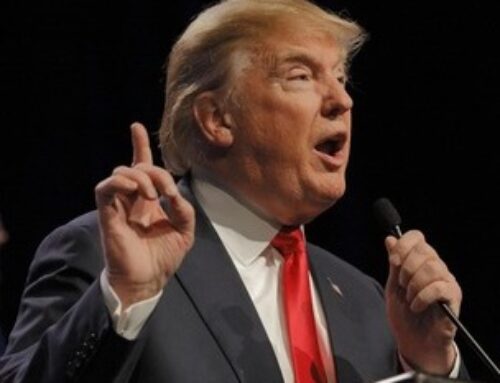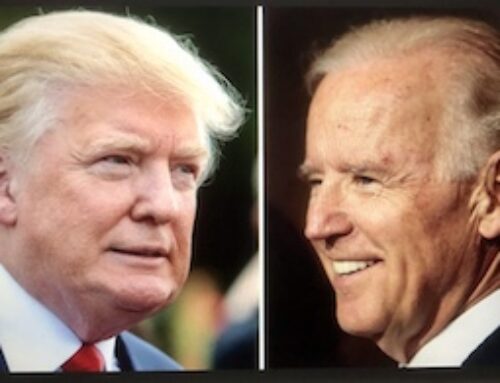
Let’s see if that is the case.
Donald Trump reportedly had an income of $362 million in 2014. He claims he has given more than $102 million to charity over the last five years and has offered a 93-page list to support the claim. Yet according to the Washington Post, “not a single one of those donations was actually a personal gift of Trump’s own money.” Mother Jones supports that view, explaining that “Tax filings of the Donald J. Trump foundation show Trump has made no charitable contributions to his own namesake nonprofit since 2008. Without an endowment, the fund has continued to give grants only as a result of contributions from others.”
Ted Cruz has been especially forceful in his opposition to government welfare. He believes that “Government is not the answer. You are not doing anyone a favor by creating dependency, destroying individual responsibility.” Moreover, he argues that “The best cure for poverty is not temporary food and shelter (although those are certainly needed), but a job and the ability to provide for your family. And private charities are far more likely to work not only to feed and clothe those in need, but also to help train them and get them interviews for jobs. Moreover, through the church, they can also help with their spiritual needs, which can be transformational in their lives.” Cruz earns $174,000 a year plus book royalties. (His wife is currently on leave from her position of managing director at Goldman Sachs.) Yet he reportedly gives less than one percent of his earnings to charity.
John Kasich says, “it is important that we do not ignore the poor, the widowed, the disabled. I just think that’s the way America is. And I think there’s a moral aspect to it. In my state, there’s not only a moral aspect where some people’s lives have been saved because of what we’ve done, but it also saves us money in the long run.” Furthermore, he agrees with Pope Francis that we should feed the hungry and clothe the naked and help the imprisoned and the lonely because “that’s what we’re commanded to do.” In 2008 John Kasich reported earnings of $1.4 million and charitable contributions of just under 2% of that amount.
In contrast to Republicans, we would expect Democratic candidates to give less to private charities, given that they believe government should bear the main responsibility for overcoming poverty. Yet in reality one of the Democrats, Bernie Sanders, who has a more modest income than the three Republicans, actually gives more to charity than any one of them. Sanders earned $200,000 in 2014 and gave $9417 or 4.7%!
(Hillary Clinton’s charitable giving is more difficult to determine. She and her husband made $28 million in 2014 and claimed $3 million in charitable contributions. That seems to be much higher a percentage than any of the Republicans. However, 60% of the contributions went to the Clinton Foundation, which failed the Better Business Bureau’s transparency standards. Charity Navigator has also put the Foundation on its “Watch List” because of its “atypical business model.”)
Consider the irony here. Bernie Sanders, a non-religious Socialist who believes government should be the primary dispenser of charity, gives more to the poor than a Presbyterian, an Evangelical, and an Anglican, all of whom want government to play little or no role in charitable giving.
Though I disagree with Bernie Sanders on virtually every political issue, I praise him for practicing the loving kindness to “the least of our brethren” that his Christian Republican opponents preach.
About those opponents I remain profoundly confused.
If Trump, Cruz, and Kasich sincerely believe that church related organizations and other private agencies should do most of the charitable giving both in this country and abroad (a view I share), why are they not demonstrating that conviction by making generous contributions to those organizations and agencies?
Do these candidates believe that their proclamations are contribution enough and that monetary donations should be the responsibility of the rest of us?
What does their lack of personal commitment to charitable giving suggest about their overall view of the merits of small government? Are they secretly as supportive of big government as “establishment” Republican officeholders have been in the past? If one of the three is elected President, will he push the nation even closer to fiscal calamity?
There are many reasons to worry about the 2016 presidential election, but hypocrisy about the problem of poverty may prove to be the most serious.
Copyright © 2016 by Vincent Ryan Ruggiero. All rights reserved

